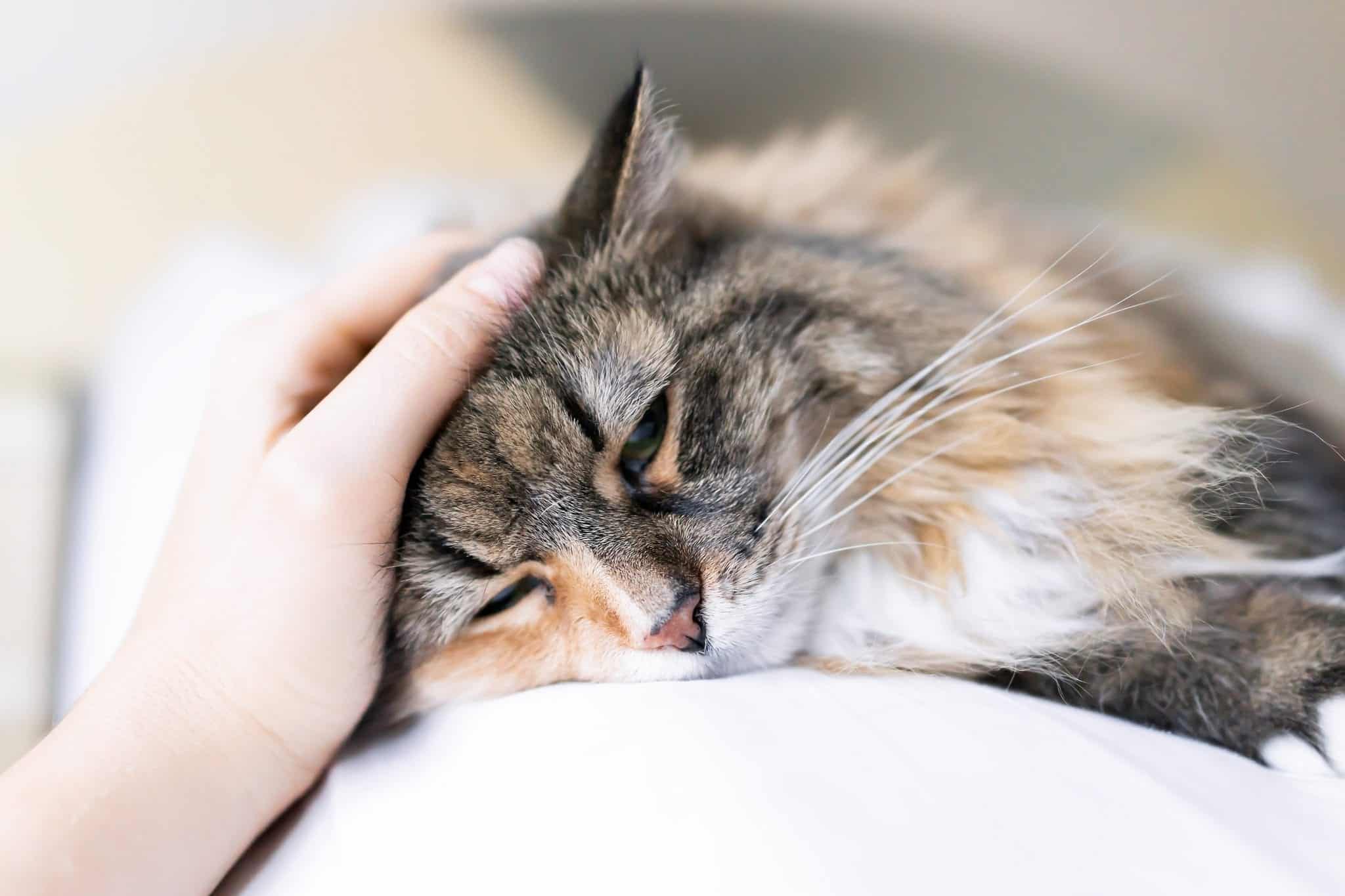Cats are stoic and stealthy critters. In the wild, they are the masters of making themselves invisible to possible predators by removing any scents from their bodies. Because they need to keep themselves invisible, they are also masters of disguising any illnesses not to give any hints of weakness. Here are four illnesses that cats often hide, even from their owners.
Dental Disease
As a cat owner, you rarely think of looking in your cat’s mouth. In fact, the only time you probably even think about your cat’s teeth is if they have bad breath, right? Truth is, they could be hiding a mouth full of rotten teeth for a year before you smell their breath. They may even eat solid food all year long. What you may not know is that dental disease can be extremely painful for a cat and can cause infection leading to even worse problems such as heart disease. Yearly wellness visits can help stay on top of your cat’s dental health as well as routine dental cleanings.
Kidney Disease
Kidney disease is not uncommon in older cats, but that doesn’t mean they can’t hide it. Truth is, a cat can go years without an owner knowing they have kidney disease. Most cats with kidney disease will start losing weight, have a decreased appetite, and may start vomiting. If caught in time, kidney disease can be manageable with a prescription diet and the help of subcutaneous fluids to help flush out the kidneys. If you have an older cat, be sure to keep up with routine visits to the veterinarian's office and have yearly bloodwork done since this is how kidney disease is detected.
Thyroid Disease
Cats are masters at disguising thyroid disease and again, it isn’t an uncommon disease in cats. Thyroid disease can go even years without being detected in cats that don’t see a veterinarian routinely. Increased appetite and weight loss are indicators of thyroid disease. A cat’s attitude may also change. Thyroid disease is manageable with medication but is only detected by bloodwork. Again, yearly visits to the veterinarian’s office can help diagnose and treat thyroid disease early.
Pain
If cats are great at hiding any of the diseases listed above, they are even better at hiding pain. Why? Because in the wild, pain is a huge sign of weakness. And it makes a cat vulnerable to predators. Unfortunately, they don’t show their owner when they are in pain either. Slight, subtle changes can be hints a cat is in pain. This may include decreased appetite, lethargy, and hiding. A painful cat may not want to jump up on their favorite spot on the couch, miss it entirely, or even seem grouchy to their owners. No cat should have to manage pain alone. Many medications can be given for pain relief. If you feel your cat is experiencing pain, talk with your veterinarian about the best way to manage it for your cat. Cats are great companions for us. They don’t need to be walked as dogs do and they are independent and fairly self-sufficient. However, sometimes their independence can get the best of them. Pay close attention and keep up with routine vet visits to stay on top of hidden illnesses in your cat.






